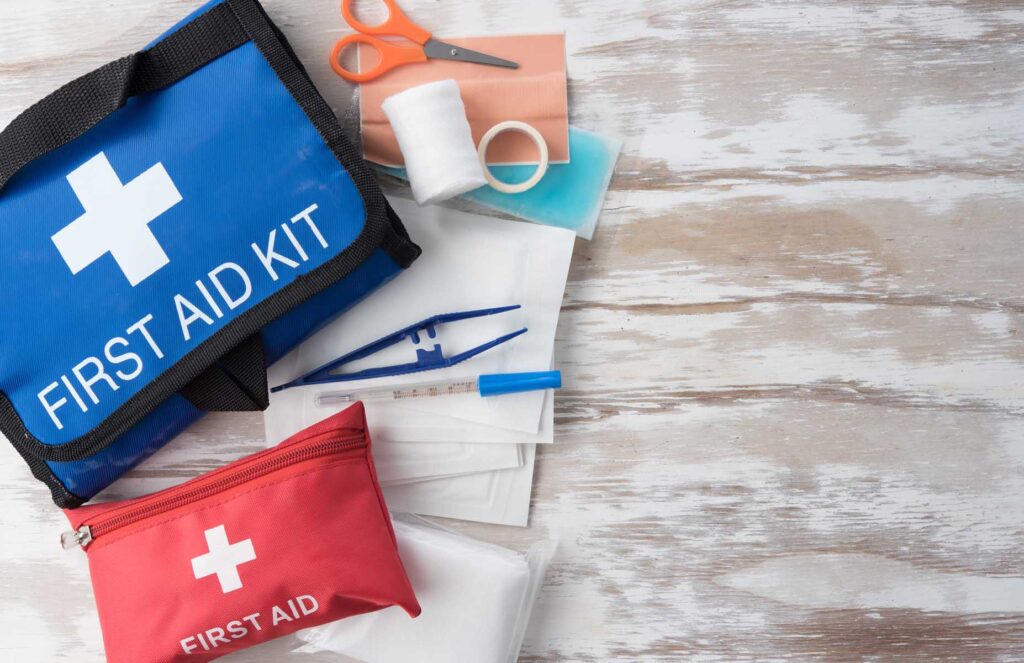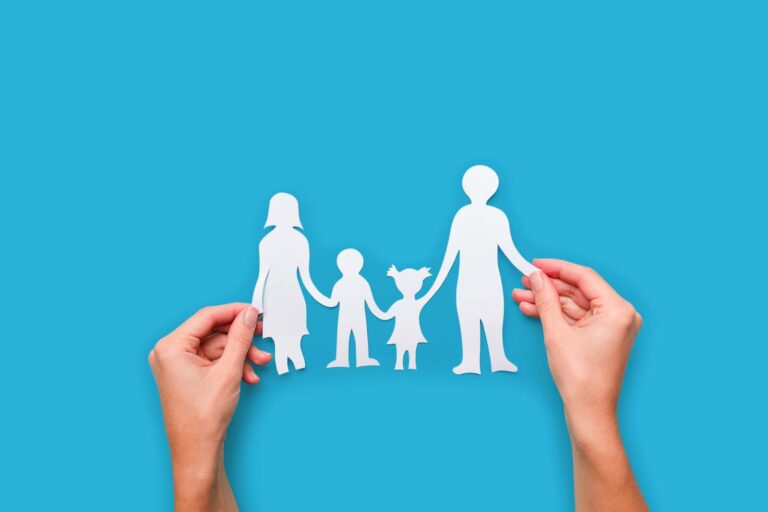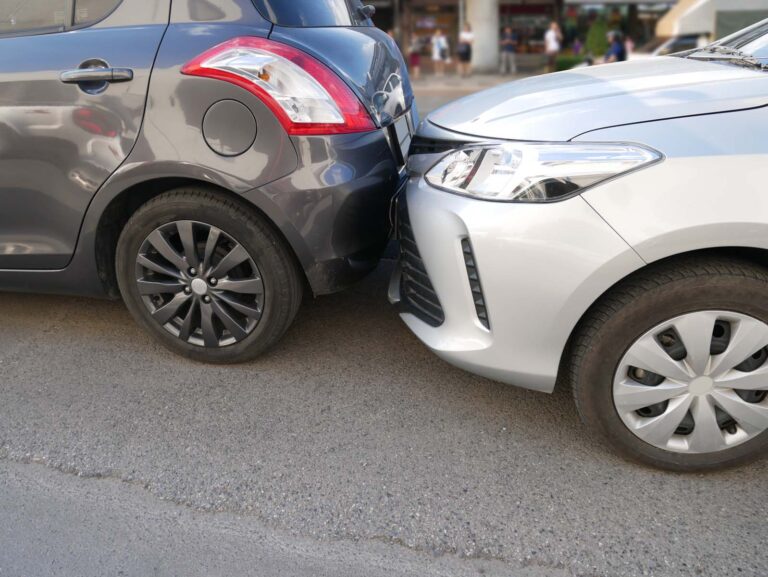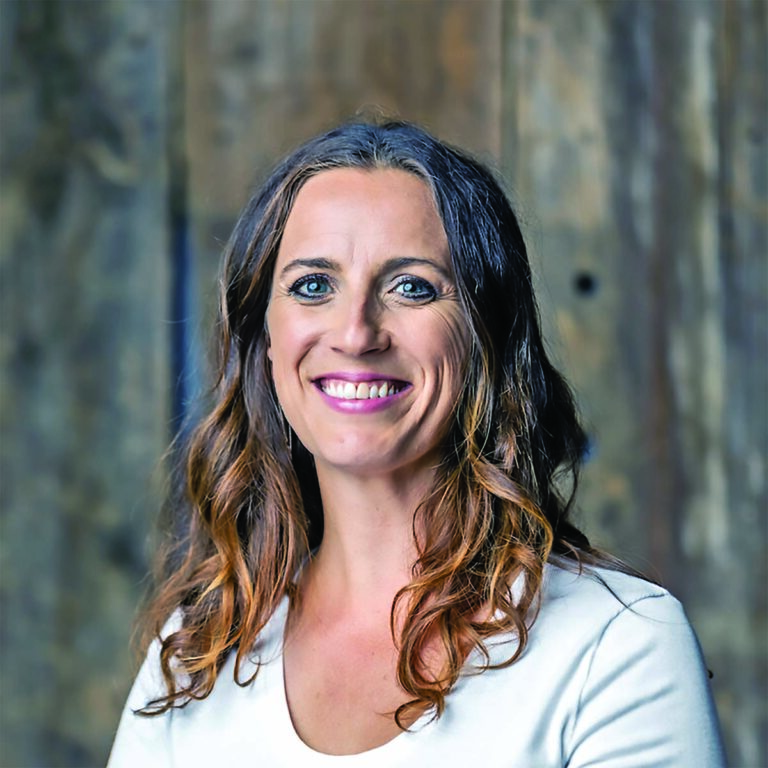On 911 children attending school in lower Manhattan witnessed planes flying into the Twin Towers and the aftermath. Many were severely traumatized, experiencing nightmares and physical symptoms following the attack. Their whole world and sense of safety were shaken by what they saw.
Psychologist Dr. Cathy Malchiodi used art therapy to help them express in drawings what they couldn’t say in words. Initially the children drew pictures of planes crashing into the towers, flames, and bodies falling from the sky. The children who resolved their trauma the quickest were the ones who also drew ambulances and police and doctors and nurses and firefighters. They described the disaster and also drew the heroes. Drawing helpers helped them heal.
The CDC reports that the U.S. annual life expectancy has been declining and drug overdose deaths have risen five-fold over the past two decades (see https://www.cdc.gov/nchs/pressroom/nchs_press_releases/2022/20221222.htm). When life and relationships become overwhelming, we can experience anxiety, depression, sleep-disturbance, trouble getting along with others, underachievement, overachievement, and every kind of addiction.
Self-compassion and compassion for others is the beginning of relief. We can consider that we’re doing the best we can in this moment. Kindness calms the brain and opens up new possibilities. This does not excuse bad behavior. It puts us in a more rational state of mind where we can make better decisions and healthier choices.
Deep belly breathing is a natural way to settle anxiety and help with insomnia. Many of us don’t breathe deeply enough to activate our bodies’ natural calming chemicals and shallow breathing associated with a fight or flight response can actually increase anxiety.
A breathing “buddy” can help to learn this technique and it’s great for kids. Find or borrow a stuffed animal. A small cooperative pet can also work. Lie down and place the breathing “buddy” over your diaphragm. Breathe in deeply enough to lift the “buddy” for a count of four seconds, hold for four seconds and exhale slowly for a count of eight seconds. Repeat this exercise five times and do it as often as needed. You can’t overdose on your body’s calming chemicals. Once you get the hang of breathing deeply, you can do this anywhere, any time, and in 20 minutes you will feel calmer.
Reclaiming even the smallest bit of control over our health and well-being and choosing an empowering coping mechanism over a disempowering one can help us endure even the most challenging times. Think of it as your personal first responder.
Alexandra Hinst, MA, LPCC, NCC, is a therapist in private practice in Denver West Highlands.






